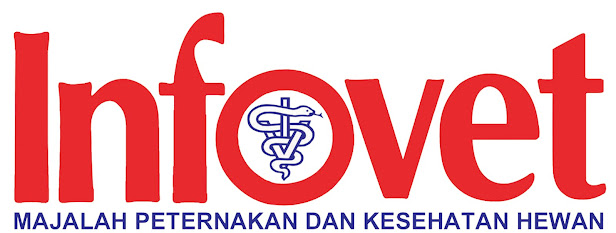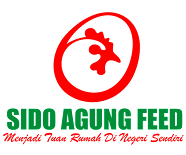Global animal health leader Alltech has signed a memorandum of understanding with Jiangsu Guo Ming Agricultural Development Company at the China Animal Husbandry Expo in Chongqing, confirming the companies’ commitment to work together to open a new pig farm in Shuyang, Jiangsu Province, China.
Five companies have come together to support Jiangsu Guo Ming in the development of the farm in their respective areas of expertise. Alltech will provide animal nutrition solutions, Big Dutchman and Betco will work together on the equipment, facility and house design, PIC will provide genetics and Pipestone will offer management support.
The farm, which will take approximately two years to complete, will rely on the expertise of industry leaders to develop a farm that will model to farmers and processors how using the latest technologies, including nutrigenomics, can maximise productivity. The farm will house 5,000 sows and in a second phase expand to include grower-finisher barns. The end goal is to produce antibiotic free, natural pork products in a highly efficient manner with far less environmental impact than today’s farming practices.
“The pig industry in China is transforming from scattered small farms to large-scale farming, and there are lots of opportunities for growth. This new farm will need comprehensive technology, thus we are partnering with industry leaders to maximise productivity,” said Guoming Pan, president of Jiangsu Guo Ming.
Jiangsu Guo Ming aims to create a farm that is environmentally sustainable with high standards for animal welfare. In addition to ensuring traceability from seed to feed, a key objective is to produce a model for manure management that can be replicated on farms in China.
“Alltech is guided by our ACE principle, which stands for benefit and safety to the Animal, Consumer and Environment, and the base of our products has always been natural. We are proud to work with Jiangsu Guo Ming and other industry leaders to develop a farm that follows this principle and uses the latest technologies to maximise productivity,” said Dr. Mark Lyons, Alltech vice president and director of China business operations. “I am confident that Alltech’s contribution, backed by 35 years of experience, will be significant in helping pigs achieve their genetic potential through nutrition.”
The agreement was signed by representatives from six companies: Guoming Pan, president of Jiangsu Guoming; Fred Barnard, COO of Betco Asia; Nigel Goode, president of Pig Business Unit, Big Dutchman; Martin Butler, China director, Pipestone; Sean Teng, key account director, PIC China and Michael Woolsey, senior regulatory strategic manager, Alltech China.
























